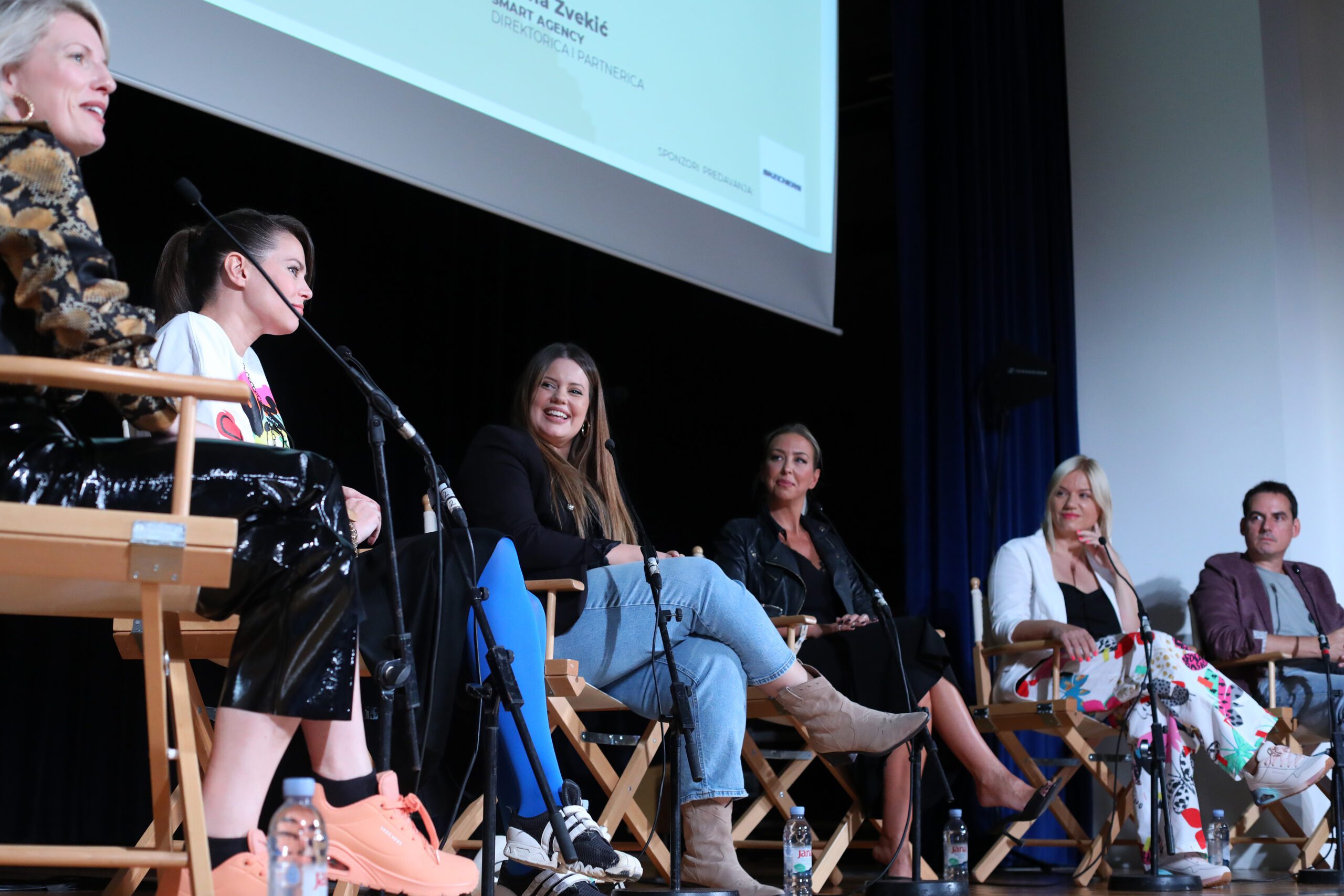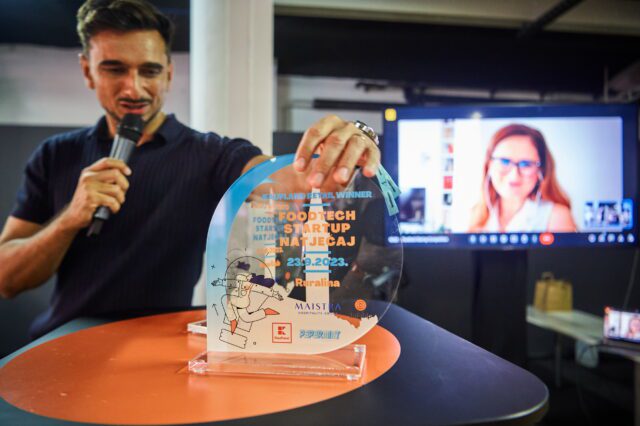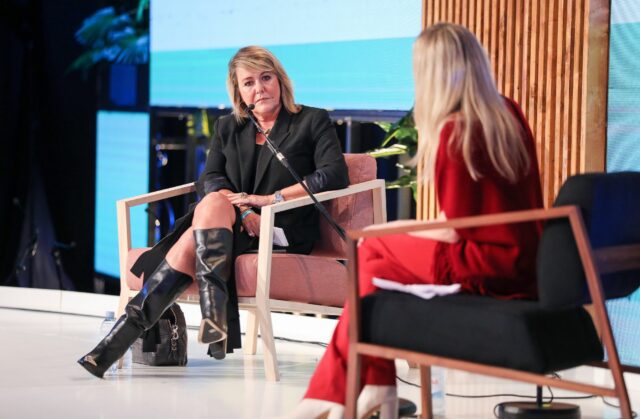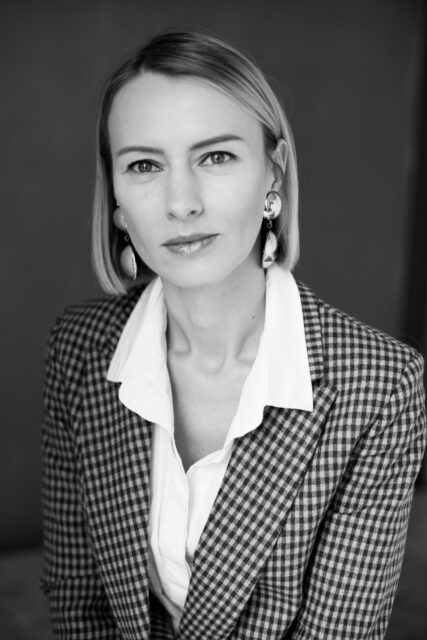The internet and social networks have completely revolutionized trends and movements. Body shaming, body positivity, fake culture, and an unlimited number of filters are now commonplace. The importance of this topic in society was underlined by the massive interest in the panel “Comfortable in your skin: life in the age of filters”. Moderated by Ida Prester, the discussion featured Mia Kovačić, host and journalist at NOVA TV; Lucija Lugomer, promoter of body positivity; Ana Miščević, Head of Story at Adria Media; Jelena Zvekić, partner and director at Smart Agency, and journalist Zoran Kesić.
“I don’t use filters because I don’t like them. Besides, I don’t want people to be shocked when they see me in real life and compare me to a filtered image because they can’t believe that it’s the same person,” said Mia Kovačić, who further emphasized that filters put a lot of pressure on children and young people and, as a result, on their mental health as well. “I am not active on social media, but I believe that filters change the visual perception of an individual and create a false image. Also, today we all have the need to compare ourselves with others, but in fact we should only look at ourselves,” added Zoran Kvesić.
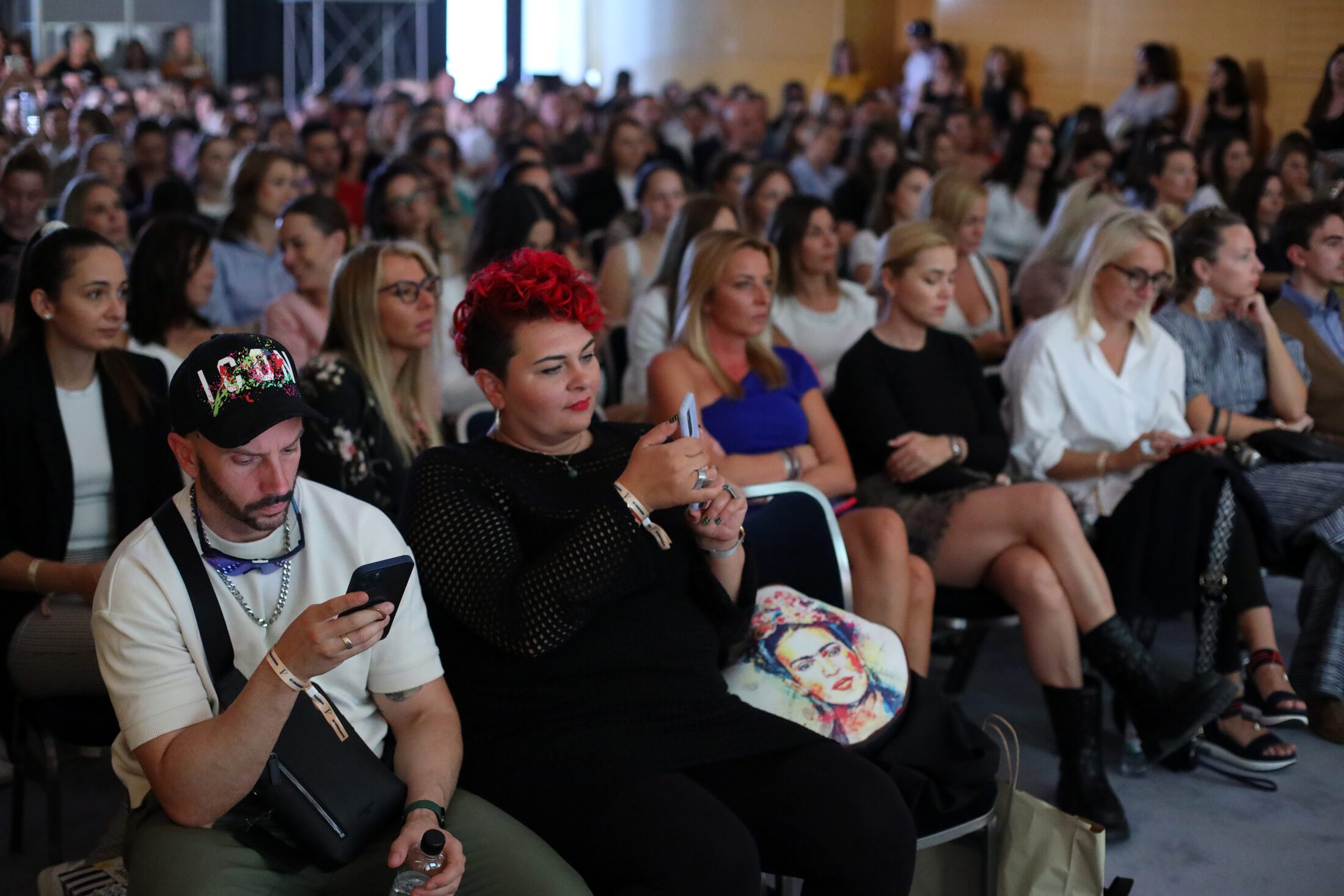
Jelena Zvekić explained how the use of filters or photoshop looks from the perspective of digital marketing agencies: “Clients often ask us for to photoshop their images. They ask us to remove dark circles around their eyes and tighten up their faces. They see beauty as something crucial in advertising, so we often need to point out to them that influencers must bring some other value as well.”
Filters on Instagram, TikTok and other platforms, as well as numerous beauty applications, mostly affect young people. At the same time, they create a problem by increasing dissatisfaction among some people because they cannot reach the new standard of beauty that has appeared in the digital world. All panel participants unanimously concluded that children should be taught about real values from an early age.

